I try to parse a csv file in PHP via SplFileObject. Sadly SplFileObject stucks sometimes if there are erroneous invisible characters in the text. The function detects a quote instead of skipping or read it as normal character while iterating over the lines in the csv file.
The screenshot below is from Textwrangler:
I also copied it from Textwrangler here (invisible char should be between "forgé." and "Circa"):
Fer forgé.� Circa
My code (SplFileObject part):
$splFile = new \SplFileObject($file);
$splFile->setFlags(\SplFileObject::DROP_NEW_LINE | \SplFileObject::SKIP_EMPTY | \SplFileObject::READ_AHEAD | \SplFileObject::READ_CSV);
$splFile->setCsvControl(",", '"', '"');
I tried to figure out which charset the csv file has via file -I my.csv. Output: my.csv: application/octet-stream; charset=binary. That is a weird result as the file is readable via Textwrangler and is therfore NOT binary. I also read another csv generated in the same way and the output is as expected: second.csv: text/plain; charset=utf-8. The tool used to generate the csv files is called Visual Web Ripper (tool for crawling web pages).
How I can determine which character this upside-down question mark is (it seems not to be the spanish upside down question mark - maybe just a placeholder inserted by Textwrangler)?
How can I delete this character and all "invalid" characters in my csv file? Is there a regular expression which matches every character, number, sign (punctuation and other textual symbols) which is in fact a real character and leave out something like in the example above? I am looking for an unicode-safe regular expression (need to preserve german umlauts, french, russian, chinese, japan and korean characters as well). Alternatively: How can I convert a csv file with charset=binary to UTF-8?
Edit:
If I open it via nano editor it shows forgé.^@ Circa. After a quick search it seems to be a NUL character or \u0000 (see comments and https://en.wikipedia.org/wiki/Null_character for reference).
Edit 2:
I digged a little more into it: It seems that there is a problem with the $splFile->current() function, which reads a line at the current file pointer. The line gets truncated after the NUL character (no matter if I try to read it via SplFileObject::READ_CSV or just as normal string (without SplFileObject::READ_CSV parameter)).
